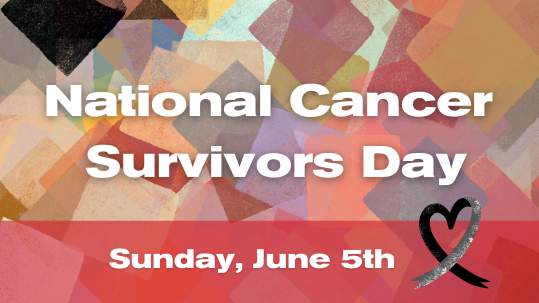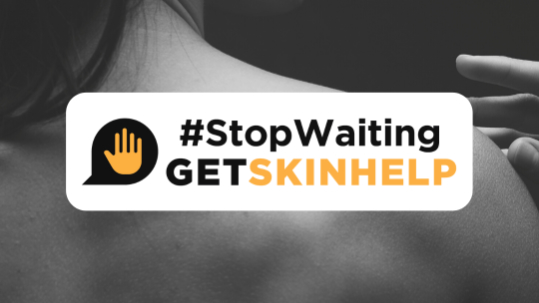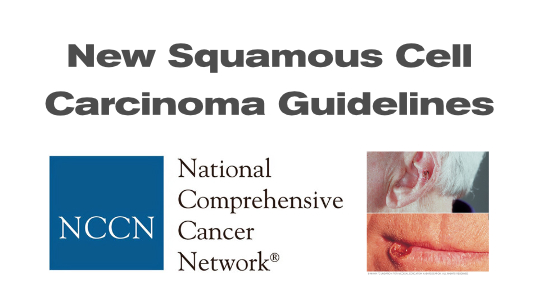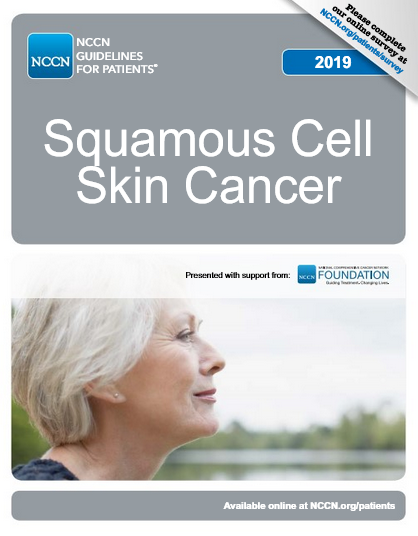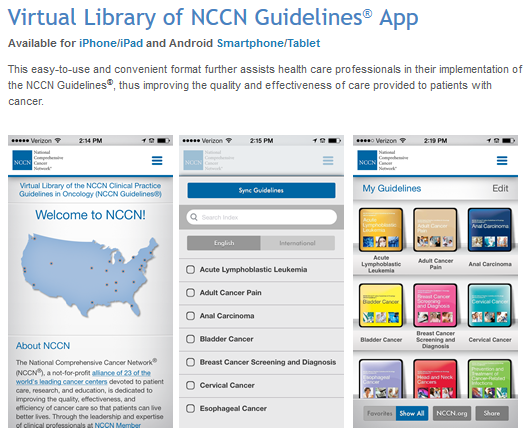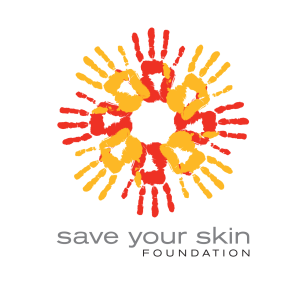The term ‘survivor’ can mean different things to different people. For some, a survivor may have completed active treatment and is free from any signs of melanoma or non-melanoma skin cancer. For others, the term may refer to anyone who has been diagnosed with melanoma skin cancer, or any type of cancer, at any point in their journey.
During treatment, just getting through each day can take all of the energy we have, making it hard to think about anything else, especially life after treatment. After treatments are over, many people experience mixed emotions of being glad it’s over, yet anxious about what the future may hold. This may be an unexpectedly challenging period of adjustment, so be sensitive to your own needs. Don’t expect to always feel good now that you’re out of treatment, and take the time you need to come to terms with what you have been through.
How can we define ‘survivorship’?
‘Survivorship’ can have many different meanings, depending on your outlook on the situation. The Canadian Cancer Society suggests a way of defining a cancer survivor as anyone who:
~ has finished and is recovering from their active cancer treatment
~ is on maintenance therapy
~ is having ongoing treatment for cancer that is stable and slow growing
~ is on active surveillance
~ is in remission or “NED” – having no evidence of disease
At wherever point you are in your cancer experience, ‘survivorship’ means simply what it means to you. If you believe that you are a survivor, take this label on and be proud of your strength!
Save Your Skin Foundation wishes to bring hope and support to all those newly diagnosed, currently undergoing treatment, or to those referred to as “NED.” We have several resources and sources of information and support listed through our website, some of which include:
Updated Canadian Statistics on Cancer Survivorship
The number of newly diagnosed cancer cases in Canada is increasing, but survival rates are also increasing, resulting in a greater need to address the unique challenges of cancer survivorship. Survival rates are increasing thanks to innovative medicines such as immunotherapy and targeted therapy treatments, many of which were first invented and tested for the treatment of melanoma skin cancer.
The 5-year survival rate for melanoma in 2015-2017 was 89%. Read our 2022 distillation of the CCS report with a focus on melanoma: SYSF Recap Report – Canadian Cancer Society Statistics 2021
Hand in Hand, We Fight Skin Cancer Together – More Resources at these links:
Survivorship
Self-Care After Cancer
Innovative Treatments – Taking Patients from Diagnosis to Survivorship
Decision-Support Tool For Stage III Melanoma
Customized for the Canadian audience, this pamphlet is a document to provide/discuss with patients that helps guide their decision making regarding next steps for stage III melanoma. Reviewed by Save Your Skin Foundation, updated February 2021:
Options for Stage III Melanoma ~ Making the Decision That’s Right for You
Want to learn how to use the Stage III Decision-Support Tool? Peruse frequently asked questions about Stage III melanoma and learn how to use the support tool to guide your decision making. Also developed in collaboration with Save Your Skin Foundation, updated February 2021:
Options for Stage III Melanoma: Making the Decision That’s Right for You, Companion Piece
Decision-Support Tool For Stage IV Melanoma
Newly customized for the Canadian audience, this pamphlet, created by AIM at Melanoma and reviewed by Save Your Skin Foundation in March 2022, is a document to support patients and help guide their decision making regarding next steps for stage IV melanoma:
Stage IV Melanoma Treatment Options: Making the Decision That’s Right for You
The document addresses:
– Stage IV melanoma clinical picture, biomarkers and pathology, and disease and patient factors involved in decision making
– Efficacy, safety, administration, and family-planning aspects of targeted therapies, immune checkpoint inhibitors, and other therapies used for stage IV melanoma
I’m Living Proof
When Save Your Skin Founder Kathy Barnard was diagnosed with metastatic malignant melanoma in 2003, the first thing she did was look to the internet for anything that would inspire optimism for her prognosis; hopeful news, survivors, or treatment options. She didn’t find much. Now as you can see there is a plethora of information and resources to help us though our skin cancer journey.
At any time, you can contact us at info@saveyourskin.ca, or call Kathy directly at 1-800-460-5832
You can also find other patients or survivors on our I’m Living Proof map of stars – request to connect with someone on the map, choose to share your story, or simply read through others’ experiences – you are not alone.


